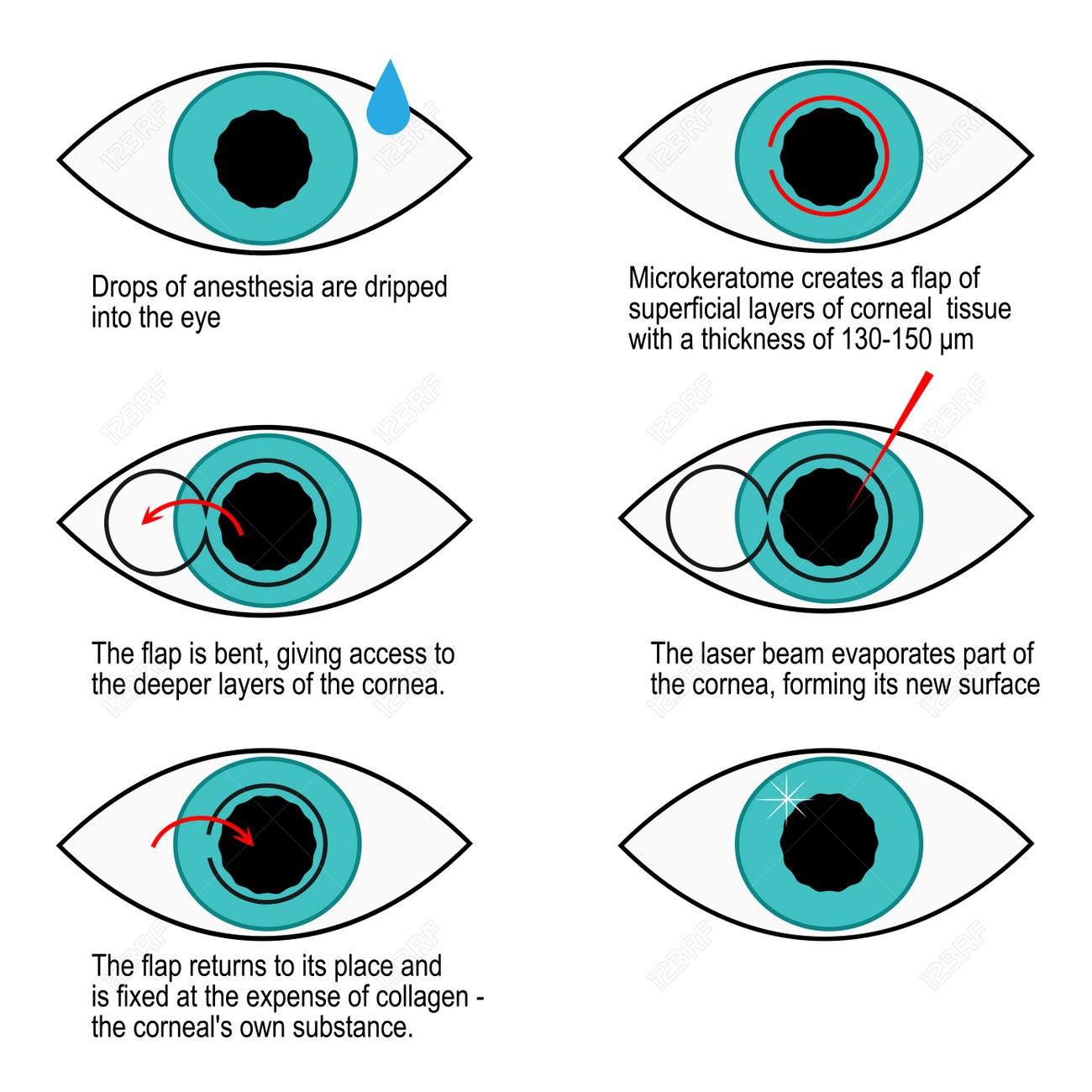Eager To Recognize Refractive Lens Exchange? Explore Vital Understandings And Services That Can Dramatically Impact Your Vision Experience
Eager To Recognize Refractive Lens Exchange? Explore Vital Understandings And Services That Can Dramatically Impact Your Vision Experience
Blog Article
Write-Up Created By-Lauesen Blackwell
If you're considering refractive lens exchange, you probably have a great deal of inquiries. This procedure could alter how you see the world, supplying benefits like lowered reliance on glasses. Nonetheless, it's vital to recognize the process, risks, and who certifies as a good prospect. Let's explore these critical facets so you can make an informed choice about whether RLE is right for you.
What Is Refractive Lens Exchange and How Does It Work?
Refractive lens exchange (RLE) is a procedure made to change your eye's all-natural lens with an artificial one, correcting vision problems like nearsightedness, farsightedness, or presbyopia.
During the treatment, your doctor makes a little cut in the eye, removes your all-natural lens, and inserts an intraocular lens (IOL) customized to your vision needs. This outpatient surgical procedure normally takes about 15 to 30 minutes per eye and is done under regional anesthesia.
You'll likely see enhancements in your vision almost quickly, though total healing might take a couple of weeks. RLE is specifically advantageous for those over 40 or with high prescriptions, using a lasting remedy contrasted to glasses or get in touch with lenses.
Your eye care professional can aid determine if RLE is right for you.
What Are the Advantages and Risks of Refractive Lens Exchange?
Choosing refractive lens exchange can cause substantial improvements in your vision, but it is essential to weigh both the benefits and risks before deciding.
On the plus side, this treatment can improve your vision by dealing with issues like presbyopia, myopia, and hyperopia. Many clients appreciate minimized dependancy on glasses or call lenses, which can significantly improve their quality of life.
Nevertheless, your input here to take into consideration potential risks. Complications can include infection, glow, or halos around lights.
There's additionally a possibility of overcorrection or undercorrection, which might need extra procedures.
Who Is a Suitable Prospect for Refractive Lens Exchange?
If you're taking into consideration refractive lens exchange, it is necessary to know whether you fit the profile of a perfect candidate. Normally, you may be a great prospect if you more than 40, experience presbyopia, or have high degrees of nearsightedness or farsightedness.
It's likewise important that your vision is stable, indicating your prescription hasn't altered considerably in the past year. If you have cataracts or various other eye problems, you might take advantage of this procedure as well.
Nonetheless, specific variables, like uncontrolled diabetic issues or autoimmune conditions, can disqualify you. To identify your candidacy, talk to an eye care professional that can assess your details circumstance and advise the very best course of action customized to your requirements.
Verdict
In conclusion, refractive lens exchange can be a transformative alternative for enhancing your vision, particularly if you more than 40 or have a high prescription. While the advantages are considerable, it's vital to weigh the threats and talk to your eye care expert to determine if you're an optimal candidate. With the ideal info and support, you can make an educated choice and perhaps appreciate a life with reduced dependancy on glasses.
